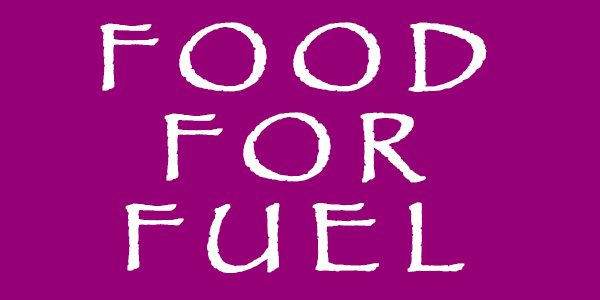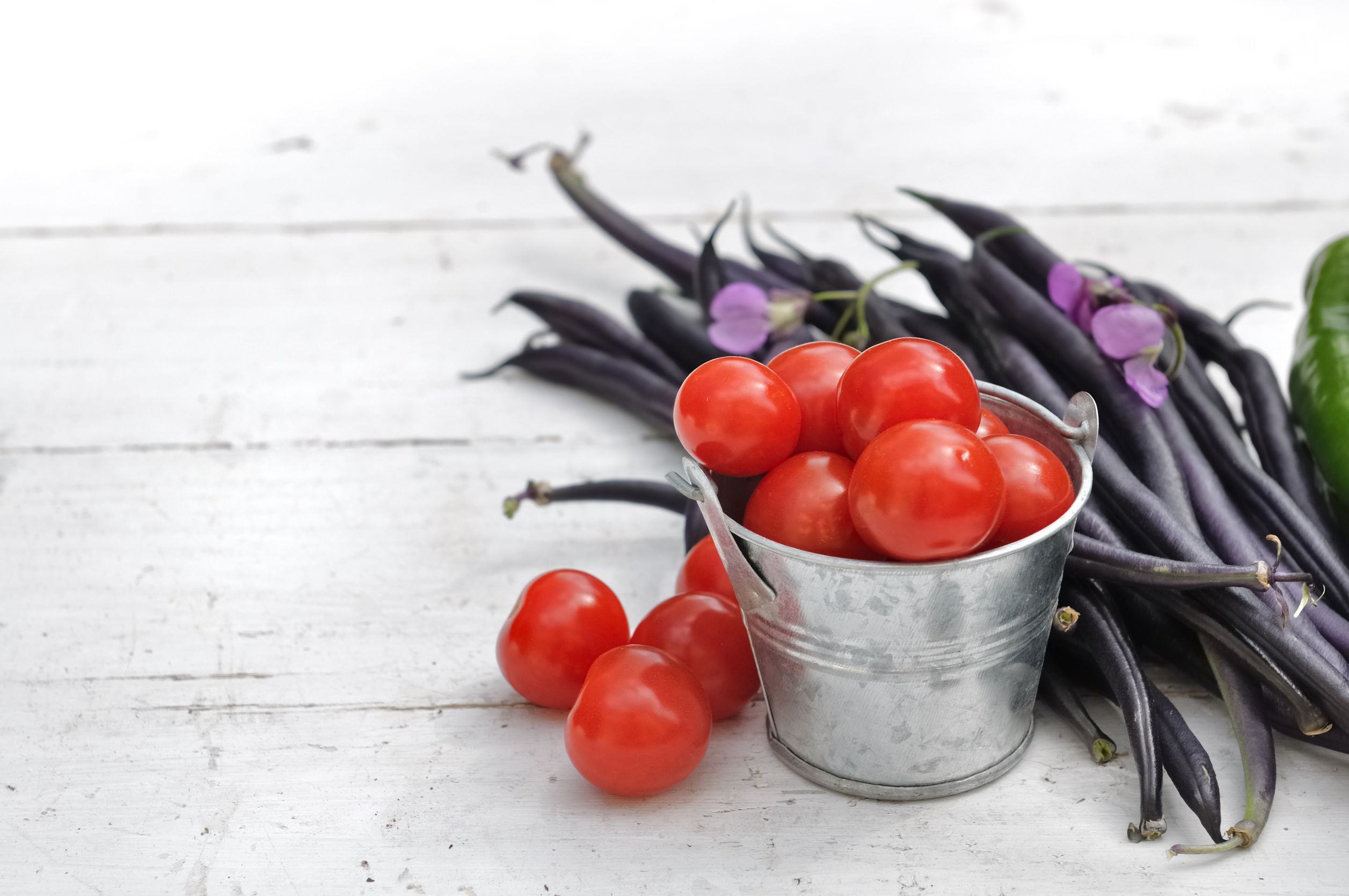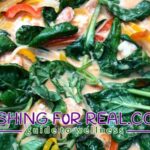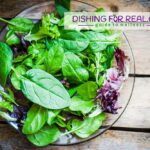When I was first diagnosed with IBD, my relationship with food became toxic. I was afraid to eat. Almost anything I ate made me sick and when I tried to avoid eating, I just got angry.
During my first flare, while on steroids, I remember eating my son’s baby food. It was only way to eat anything. As my symptoms started to improve, I began to eat plain chicken with peas and white rice for every single meal. Once I found something that worked, I stuck with it.

At one of my regular doctor appointments, my GI doctor suggested I take Lactaid to help assist in digestion. He said it has helped other patients. I ran to the drugstore and picked it up. After using it for several days, I began to ask….if I need to take something to consume dairy, should I really be eating it?
That was the moment I cut dairy from my diet. It was tough, I was living in Wisconsin…..cheese was everywhere. But if my body could not digest something properly, why not cut it? It may not be forever but at least my body got a break.
This is when my relationship with food began to change. I began to look at my food as fuel for my body because that is exactly what it is. Why would we put junk in or things we know would irritate our system in it. We wouldn’t do that to our car….but we would do it our bodies?
I began to journal and started to understand that during my healing process some foods would need to be eliminated for a short period of time and others maybe forever. I also was able to eat more foods that I was so terrified in the past.
Typically with IBD, we are instructed to eat a very low residue diet which can also be lacking nutrients so important to our body. Food is treated as the enemy in this scenario and really it can be the best form of medicine we can give to our bodies.
Here are some tips to help your food become your fuel:
- Fill your diet with real, whole foods and get rid of processed foods and sugar. After several weeks, your taste buds will change and so will your cravings.
- Elimination of common allergens may be necessary. Sometimes we need to say good bye to foods forever but some of us are able to heal and reintroduce some common allergens. Common foods to eliminate include; dairy, gluten, soy, corn, eggs, nuts, and nightshades.
- Pay attention to how your body reacts to foods. Once you have done elimination for predetermined amount of time, begin to reintroduce them to your diet and take note of any changes. Make sure you allow yourself enough time to heal your body during the elimination.
- Start to cook. Know how your food is prepared. So many times we don’t think about the oil that our food is cooked in. Many processed oils can have a negative impact on our bodies. Control the ingredients. Also, the preparation of the food may help in digestion. For example, steaming vegetables versus eating them raw.
- Learn more about your food production. Do you know how your food was grown or raised? Were pesticides used? Is it non-gmo? Is your fish wild and filled with beneficial omega-3s? Was your meat given human grade antibiotics? Not all food is created equal.
- Set aside time to be prepared. Life gets crazy and it is important that you make time to prep your snacks and meals.
- Remember an organic label does not equal healthy. The label of organic is about the production of the ingredients but does not mean anything about nutritional value.
I began my food journey in 2012. I started slow by cooking by more at home with more whole food ingredients. It may seem difficult and frustrating at the beginning but it does get easier. I love food today. Not only eating it but cooking healthy meals too! Give your body a chance to show you what it can do when given the proper fuel.







